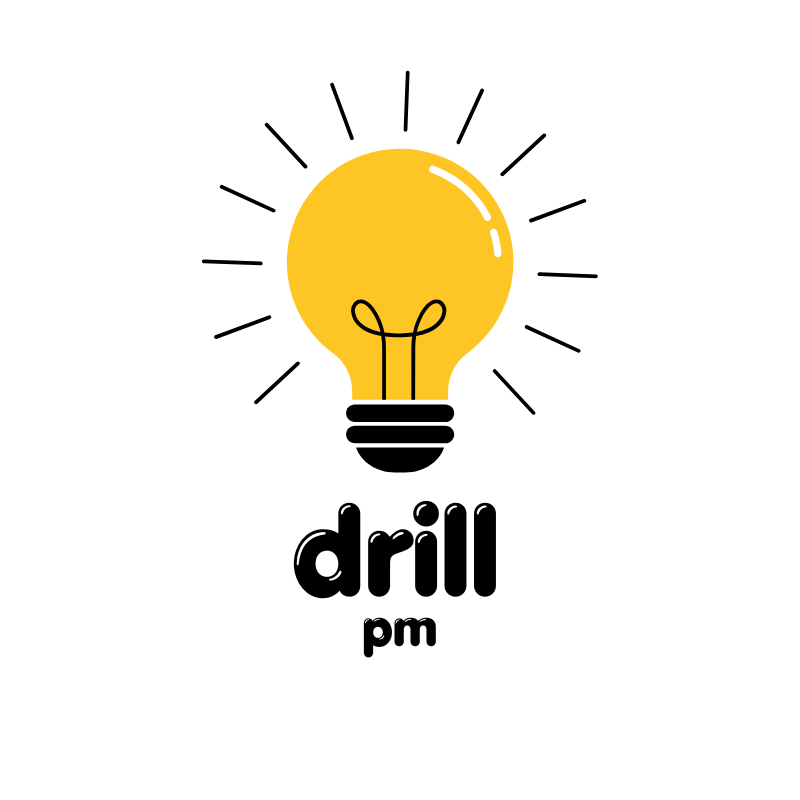Anúncios
In today’s competitive job market, standing out is more important than ever — especially for young people looking for their first opportunity. Recruiters are not just looking at formal education anymore. They want to see initiative, adaptability, and a commitment to learning.
Fortunately, you don’t need to spend a fortune to start building a strong résumé. There are thousands of high-quality courses available online, completely free of charge, that cover everything from communication skills to coding. All you need is a bit of time and dedication.
If you’re ready to take your first big step toward employability, this guide is for you. Discover where to find the best free online courses, which ones are most valued by employers, and how to strategically add them to your résumé to make a lasting impression. Let’s get started.
The importance of continuous learning in the job market
The job market has evolved dramatically in recent years. Employers now prioritize not only academic qualifications but also practical skills, adaptability, and a willingness to learn. This shift is especially significant for young people seeking their first job, as many positions require some level of experience or training beyond school.
Continuous learning shows initiative. By taking online courses on your own, you demonstrate proactivity, discipline, and curiosity—all of which are qualities that hiring managers value. Moreover, it helps close the gap between theoretical knowledge and real-world application, which is essential when you’re just starting out.
Even if you don’t have a degree yet or are in the middle of your studies, you can already build a strong résumé by including relevant certifications from free online courses. They can serve as conversation starters during interviews and as proof that you’re serious about growing professionally.
What to look for in a free online course
With so many online courses available, choosing the right one can feel overwhelming. However, not all free courses are equal. Before enrolling, it’s important to consider a few factors to ensure you’re investing your time wisely.
Start by checking whether the course is offered by a reputable platform or institution. Look for courses created by accredited universities, recognized companies, or experienced professionals. This not only guarantees quality content but also adds weight to the certificate you’ll receive.
Next, confirm if the course offers a certificate of completion or, even better, a verified certificate. While certificates aren’t everything, they’re a great way to showcase your effort and learning progress to future employers. Lastly, pay attention to course reviews, workload, format (video, reading, interactive), and support materials like quizzes, readings, and discussion forums.
Top platforms offering free certified courses
Several platforms are known for offering high-quality, free online courses with certificates. Here are some of the most recommended:
Coursera – Offers free access to courses from top universities like Stanford and Yale. Some courses are free to audit, and you can pay for a certificate, but many also offer financial aid.
edX – Founded by Harvard and MIT, this platform provides a wide range of academic courses. Like Coursera, you can audit for free and apply for a free certificate in many cases.
LinkedIn Learning – While it’s a paid platform, you can get a one-month free trial and complete as many courses as you want during that time. The certificates appear directly on your LinkedIn profile.
Alison – Offers a vast selection of free courses with free digital certificates in areas like business, technology, and personal development.
Google Digital Garage – Provides free, beginner-friendly courses on digital marketing, career development, and tech skills. All courses are certified and recognized globally.
These platforms not only help you learn but also connect your learning achievements with potential employers by offering trusted certifications.
Best free courses for soft skills development
Soft skills are just as crucial as technical skills, especially for entry-level roles. They reflect how you interact with others, manage your time, and solve problems—qualities that are essential in any work environment.
Some great free soft skills courses include:
“Improving Communication Skills” by University of Pennsylvania (Coursera) – Focuses on verbal and non-verbal communication.
“Emotional Intelligence at Work” by Coventry University (FutureLearn) – Teaches how to understand emotions and apply them to decision-making.
“Work Smarter, Not Harder” by University of California, Irvine (Coursera) – Covers productivity and time management strategies.
“Customer Service Training” by Alison – Ideal for retail, hospitality, and service industries.
“Teamwork Skills: Communicating Effectively in Groups” by University of Colorado (Coursera) – Explains how to collaborate efficiently in team environments.
Completing these courses and listing them on your résumé can immediately show employers that you’re prepared to function in professional settings.
Best free courses for technical and digital skills
If you want to stand out in the digital age, technical skills are a must—even for non-technical roles. Mastering tools like Excel, understanding digital marketing, or learning basic coding can significantly increase your job prospects.
Here are top-rated technical skill courses:
“Fundamentals of Digital Marketing” by Google Digital Garage – Covers SEO, analytics, social media, and more. It’s beginner-friendly and widely recognized.
“Excel for Everyone: Core Foundations” by University of British Columbia (edX) – Teaches spreadsheet basics, formulas, and data organization.
“HTML, CSS, and JavaScript for Web Developers” by Johns Hopkins University (Coursera) – A great start for learning web development.
“Introduction to Python Programming” by Georgia Tech (edX) – Focuses on foundational programming skills.
“IT Support Fundamentals” by Google (Coursera) – Prepares you for entry-level roles in tech support with real-world applications.
These courses allow you to build job-relevant competencies even before stepping into the workforce.
How to add online courses to your résumé
Once you’ve completed some online courses, it’s time to update your résumé. But simply listing a course title isn’t enough—you need to present it strategically.
Add a new section to your résumé called “Certifications” or “Professional Development.” Under each course, include the course title, the institution that offered it, and the date of completion. If the course was especially hands-on or project-based, mention what you did or learned specifically.
You can also integrate the skills gained from courses into your résumé’s “Skills” section. For example, if you completed a data analysis course, list “data analysis” or “Excel proficiency” among your competencies. Don’t forget to add relevant course certificates to your LinkedIn profile and digital portfolio, if you have one.
Mistakes to avoid when choosing online courses
With so many options out there, it’s easy to waste time on courses that don’t add real value. Here are common mistakes to avoid:
Choosing courses with no relevance to your career goal – While learning something new is always good, try to prioritize courses that align with the type of job you’re aiming for.
Taking too many courses at once – It’s better to complete two solid, in-depth courses than to start ten and finish none. Quality over quantity always wins.
Ignoring course reviews and ratings – These can tell you a lot about the course content, instructors, and learning experience.
Not checking for certificates – Some courses may be great but offer no proof of completion, which limits your ability to showcase the learning.
Skipping practical exercises – Theory is important, but hands-on practice builds real understanding and retention.
How to stay motivated and complete your courses
Staying committed to online learning can be challenging, especially with distractions and other responsibilities. Here are practical tips to maintain your motivation:
Set clear goals – Define what you want to achieve by the end of the course. Having a purpose will keep you focused.
Create a study schedule – Reserve specific days and times for studying, just like you would for a traditional class.
Track your progress – Use a spreadsheet or digital planner to mark completed modules. Seeing progress can be highly motivating.
Reward yourself – Celebrate small wins, like finishing a module or passing a quiz.
Find a learning buddy – Pair up with a friend or join course forums to stay accountable and exchange tips.
Persistence is key. The effort you put into completing your courses today can lead to valuable opportunities tomorrow.
Conclusion
Taking free online courses is one of the smartest ways to enhance your résumé—especially if you’re starting your career with limited experience. It shows initiative, builds practical skills, and sets you apart from the competition. And the best part? It doesn’t cost a thing but your time and focus.
By choosing the right platforms, selecting relevant topics, and organizing your certifications effectively, you can create a compelling profile that grabs employers’ attention. Whether you’re aiming for your first job or simply exploring interests, online learning opens up a world of opportunity.
Start small, stay consistent, and remember: each course you finish brings you closer to your first professional goal.
FAQ
1. Are free online courses really worth adding to my résumé?
Yes. Many recruiters value self-driven learning. If the courses are relevant and from respected platforms, they show initiative and motivation.
2. Do I need to pay to get certificates from free courses?
Some platforms offer free certificates, while others charge a fee. However, many offer financial aid or allow you to audit courses for free.
3. How many online courses should I complete before applying for a job?
There’s no fixed number. Completing 2–4 solid, relevant courses can make a difference, especially if they develop both soft and technical skills.
4. Should I mention online courses in a job interview?
Absolutely. Be prepared to explain what you learned and how it applies to the position. Mentioning real projects or exercises from the course helps.
5. Can I get a job just by doing free online courses?
While courses alone may not guarantee a job, they significantly improve your profile and can be the factor that gets you noticed among other candidates.



